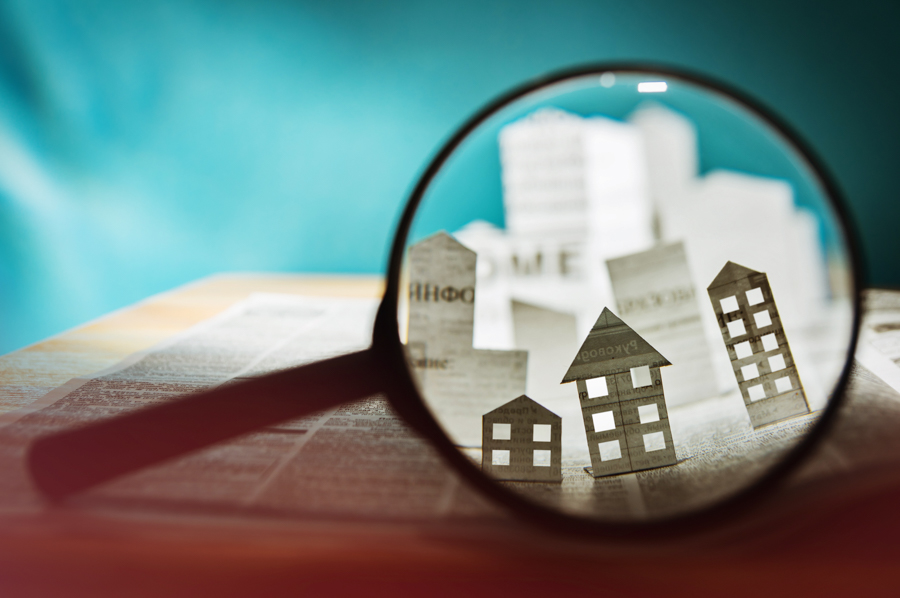How to Identify a Real Estate Bubble Before It Bursts

How to Identify a Real Estate Bubble Before It Bursts
The allure of real estate is undeniable: a safe investment, a tangible asset, and the promise of a secure future. But beneath this alluring facade lurks the ever-present threat of a bubble, a period of inflated prices followed by a sudden, painful crash. While no one can predict the future with certainty, understanding the telltale signs of a real estate bubble can help you navigate the market with informed caution.
1. Unrealistic Price Growth:
One of the most obvious signs is a rapid and unsustainable rise in property prices. This often manifests as “hot markets” where homes sell for well above asking price, bidding wars erupt, and properties are snapped up within days of listing. While healthy market growth is expected, keep an eye out for price increases exceeding the rate of income growth or local economic growth.
2. Speculative Buying:
When investors and individuals purchase properties solely for resale profit rather than long-term use, it fuels the bubble. The “buy-low, sell-high” mentality thrives in speculative markets, pushing prices even higher despite lack of fundamental economic justification.
3. Loose Lending Practices:
Banks and financial institutions play a critical role in fueling real estate bubbles. When lenders loosen their requirements, offering mortgages with low down payments, flexible terms, and high loan-to-value ratios, it enables more individuals to participate in the market, even with limited financial means. This influx of buyers further inflates demand and drives prices up.
4. Overbuilding:
Increased demand often prompts developers to build new properties at a rapid pace. While this can address housing shortages, overbuilding can lead to a glut of inventory, causing prices to stagnate or even decline.
5. High Debt Levels:
When individuals take on significant debt to finance real estate purchases, it increases their vulnerability to market fluctuations. A sudden drop in prices could lead to negative equity, forcing homeowners into foreclosure and further impacting market stability.
6. Shifting Market Sentiment:
Market sentiment plays a crucial role in shaping expectations and driving behavior. If there’s widespread belief that prices will continue to rise indefinitely, it fuels speculative activity and further exacerbates the bubble. A shift in sentiment, often triggered by economic uncertainty, can quickly deflate the bubble.
7. Ignoring Warning Signs:
It’s crucial to avoid complacency and actively seek out information about the market. Don’t rely solely on anecdotal evidence or rosy forecasts. Pay attention to economic indicators, interest rate changes, and industry reports to gain a comprehensive understanding of the market.
Navigating the Bubble:
Identifying a potential bubble doesn’t necessarily mean avoiding real estate investment altogether. Instead, consider the following:
- Focus on fundamentals: Look beyond the hype and invest in properties with solid fundamentals, such as strong rental demand, stable neighborhoods, and desirable amenities.
- Be cautious about leverage: Don’t overextend yourself with large mortgages. A healthy down payment and manageable debt levels will provide a safety cushion against market fluctuations.
- Diversify your portfolio: Spreading your investments across different asset classes, such as stocks, bonds, and precious metals, can help mitigate the impact of a real estate bubble.
Remember, while the thrill of a “hot market” may be tempting, it’s essential to approach real estate investment with a long-term perspective and a healthy dose of skepticism. By recognizing the warning signs and adapting your strategy accordingly, you can navigate the market with informed caution and protect your investment from the potential burst of a real estate bubble.

